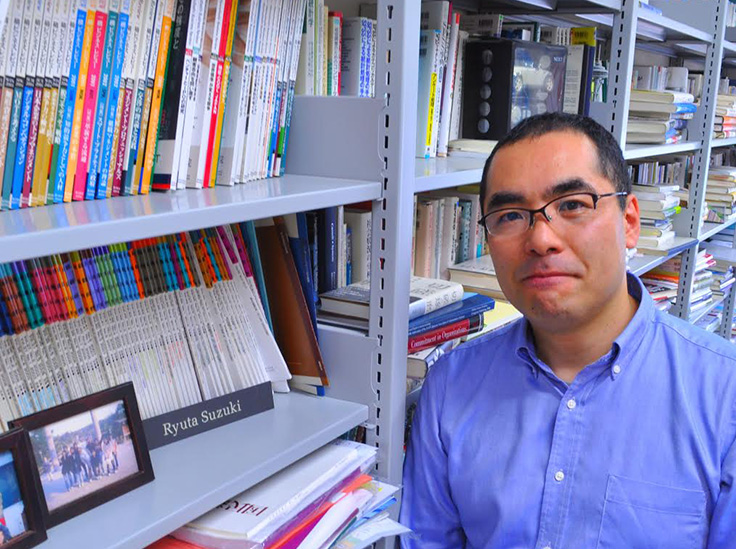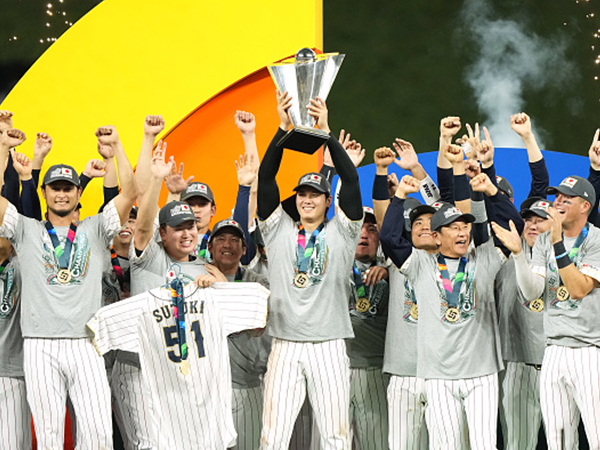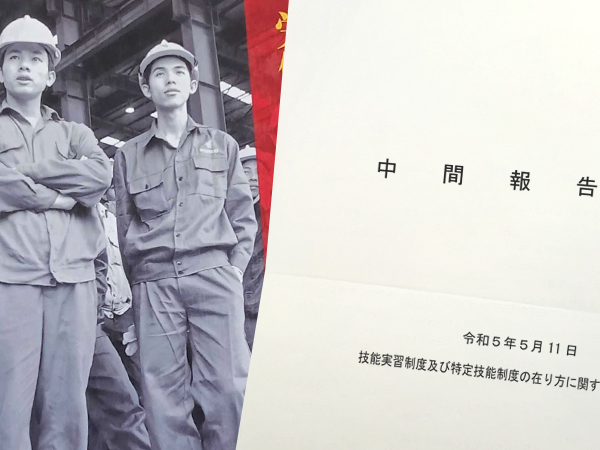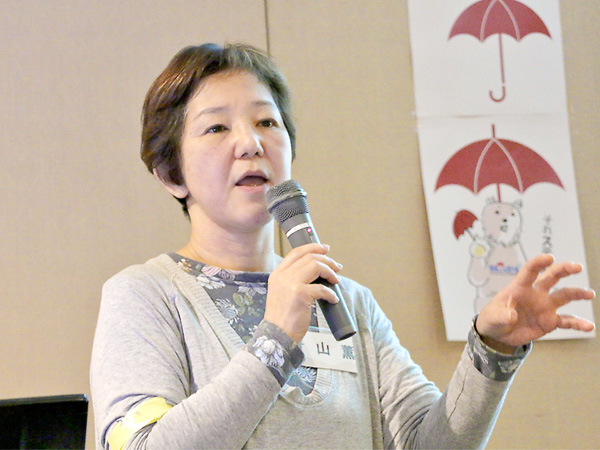Kobe University professor Ryuta Suzuki charts the metamorphosis of the Japanese salaryman
In 1971, the year Ryuta Suzuki was born, the Japanese salaryman was at the height of his importance as the workplace warrior that had dragged Japan from post-war devastation to a world-leading economic powerhouse. Throughout the 1970s and ’80s these tireless workers devoted their lives to their companies. Long hours were a given and post-work drinking sessions with colleagues were expected. But there was a price paid by these salarymen. Growing up in the coastal town of Shizuoka, Suzuki recalls a very happy childhood, but also the long days his dad spent as an engineer at a local manufacturing company. “My father was a typical salaryman,” he says. “I have deep respect and love for him, [but] he was always so busy that I don’t have many memories of playing with him as a child.”

Fast forward 40-odd years through the turmoil of a global oil crisis, a Japanese recession and growing international competitiveness and now Suzuki has a family of his own. He delights in playing with his six-year-old son and three-year-old daughter and the idea of spending long hours at night socializing with his workmates is an anathema. Like many of his generation Suzuki wants to be home with his family, but unlike many of his peers, Suzuki spends a lot of time examining the difference in the dynamic between then and now.
As an expert in organizational behavior at Kobe University, Professor Suzuki has spent around 20 years tracking changes in the relationship between Japanese workers and business. This has put him at the forefront of one of the biggest cultural shifts in Japan’s workplaces since the end of World War II, as corporations moved away from the notion of lifetime employment, cemented in the post-war economic boom.
Individuals at work
In many ways, Suzuki’s has been an accidental career. With two graduates for parents, it was accepted he would go on to university from school. The bookish student originally planned to study literature and history, but concern that this academic background might mean narrow job prospects, saw him enroll in business studies at Kobe University. It was not, at first, a good fit. “When I was a university student I hated the business administration side, the accounting and finance. It is a numbers thing about how to earn more.” By chance he enrolled in a class on human science in business. “I really loved this class and decided I would like to know more about this area.” It was the launchpad for an extraordinary career.
In interview Suzuki is not one to rush an answer. While deeply thoughtful, he self-deprecatingly suggests he is just showing a natural trait of people from his hometown. “Many Japanese people say people in Shizuoka are not so fast and think slowly, so I think I have such a character.” Long-time collaborator Professor Ichiro Kato, currently at Kushiro Public University of Economics, says his quiet manner can be deceiving. “When it comes to academic discussions, he will not hesitate to disagree with you,” Kato says, “but he always leaves some space to solve the problem in a collaborative way. I think that’s why he is loved by his colleagues so much.”
His research over the decades has turned a spotlight on the changing relationship between Japanese workers and their employers. For businesses and workers the end of lifetime employment, which began in the 1990s was a game changer. In 1994 non-regular workers, such as casuals and temporary staff, accounted for only 19 per cent of the labor force. By 2007 the figure had risen to 33 per cent and by 2014 it was estimated just 8.8 per cent of Japanese companies had retained lifetime employment. Suzuki says workers were forced to think for the first time about their career prospects and their relationship with their employer. It was not a change that came easily. “Many workers in Japan are confused by this situation,” he says.
Suzuki says his research has exposed the “changing mind” of Japanese employees. “Employees in my fathers’ generation had consideration for their colleagues. So they often gave priority to their organization over family or their life,” he says. “Of course, it is clear that [this attitude] made the organization man [also known as salaryman] and led to the long stagnation of Japanese industry.
“But now, I think, many young employees do not have as much consideration for their colleagues and are more of the mindset of individualism, which is the principle giving the priority to their life or career.” He cites the introduction of performance-based wages over the past 20 years as the catalyst for this shift.
Career-focused
Kato, who was mentored by Suzuki when Kato returned to Kobe University to complete his doctorate, says his former colleague’s insights into Japanese organizations are unique and inspiring. Among these insights was Suzuki’s so-called J-curve phenomenon, which tracked the first 10 years of employees’ work lives and found there was extensive work experience around the company, but slow promotion through the ranks. The observation “gave us an insight into how people socialize to their organizations in the long run,” says Kato. “It is theoretically very interesting, but at the same time, the practical applications derived from that had an impact on human resource management in many organizations.”
While working together at Kobe University, Kato and Suzuki realized the difference in their take on workers’ relationships with their employers was fertile ground for collaboration. “[Suzuki] had the idea of ‘career drift’, which means a certain state, in which people are not interested in taking control over their careers, and I had this idea called ‘career mist’, which meant the degree to which people are uncertain about their future careers.
“We combined them and came up with a ‘mist–drift framework’ and we thought this could be a tool to depict how people are thinking about their careers subjectively.” Suzuki says the framework highlighted four attitudes toward career development; ranging from those who did not actively pursue a career path because their future was clear, to those who had a clear goal of where they wanted to go and were proactive in achieving this1.
Kato says their collaboration revealed Suzuki as a careful and skillful researcher. “He comes up with totally new insights about how people feel and co-operate in an organizational setting. It’s amazing when you see him interpret statistical data into real-life concepts.”
Father and son
While trying to establish how workers manage their careers on a national scale, Suzuki is the first to admit he has given little thought to his own advancement. “I changed my organization once, 10 years ago when I came to Kobe University, but this was not my initiative,” he laughs, admitting he was asked by his advisor at the University of Shizuoka to follow him to Kobe.
For a prominent academic, Suzuki is humble about his achievements. He has lived many of the changes he documents through his work first hand and embraces the opportunities it allows. “I love to play with my children and I love to hang with my family.” The child of the salaryman, is, by his father’s measure, a very happy, hands-on dad.

References:
- Kato, I. & Suzuki, R. Career “mist,” “hope,” and “drift”: Conceptual framework for understanding career development in Japan. Career Development International 11, 265-276 (2006).









